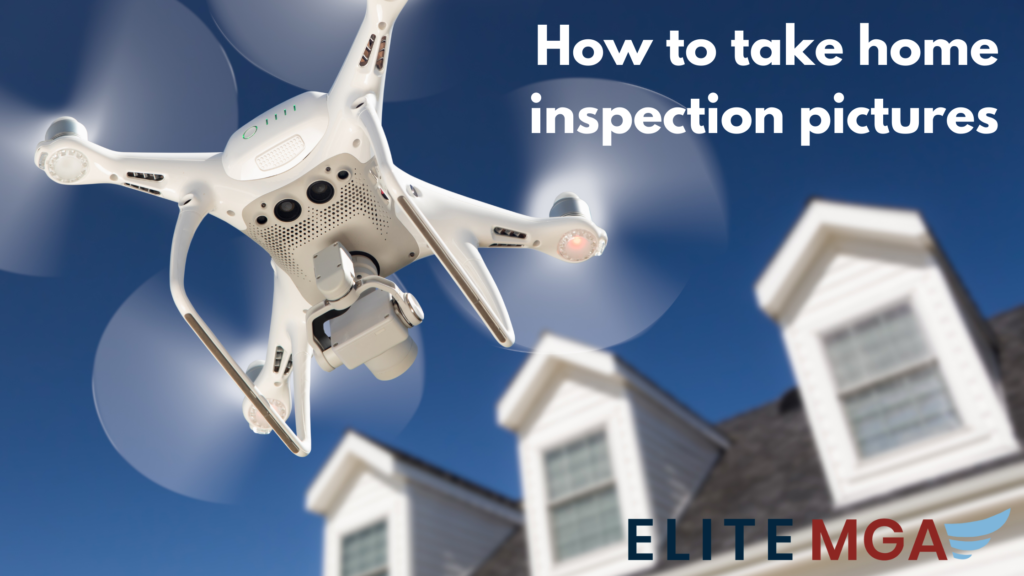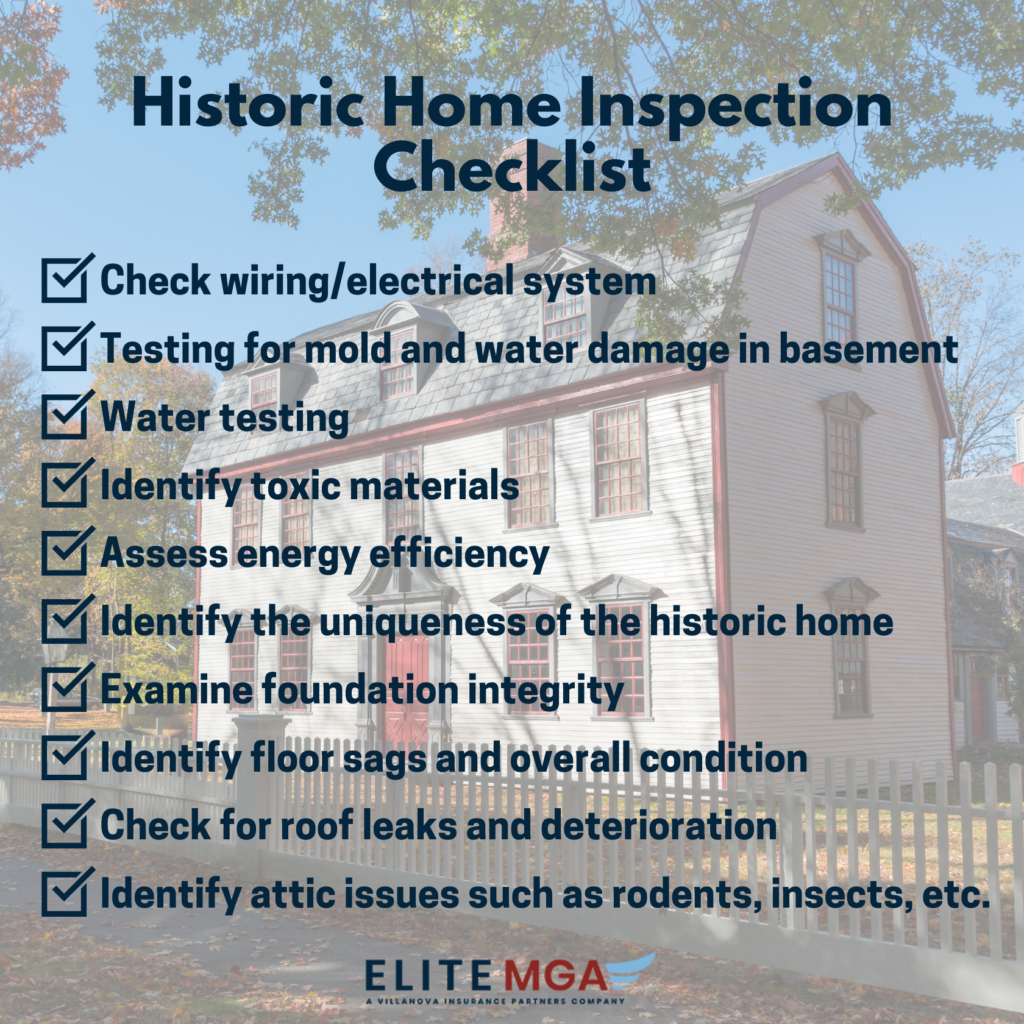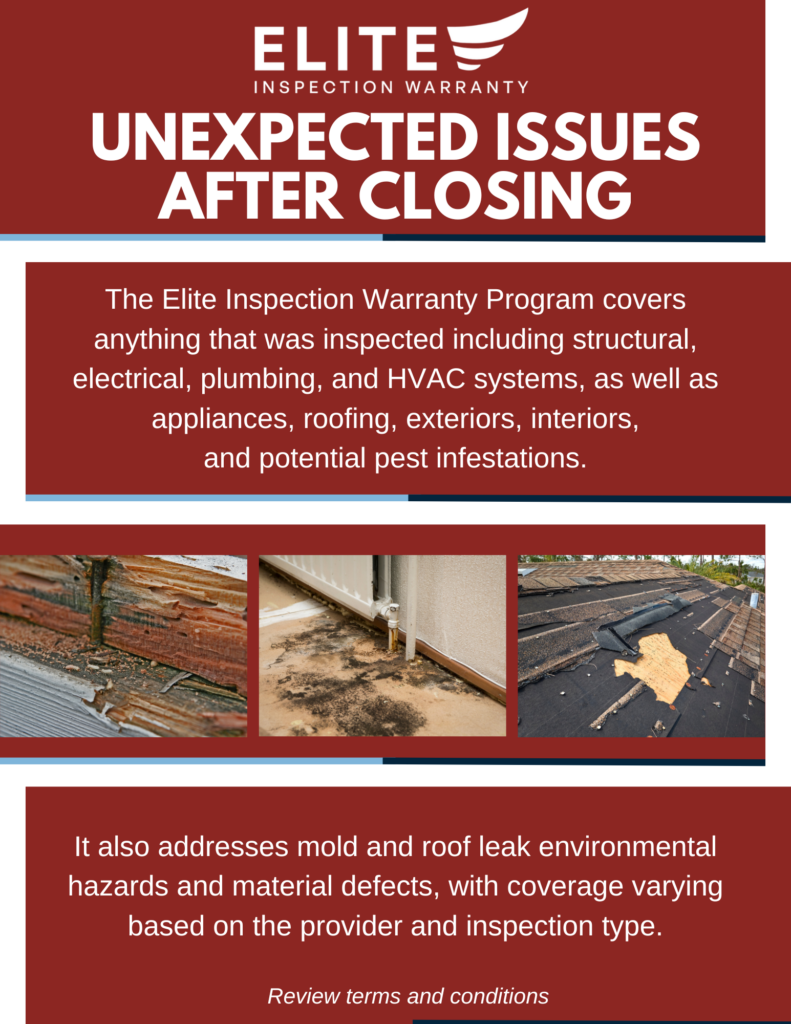Enforcement of Contractual Limit on Time to Sue an Inspector.

Limitation Periods for Home Inspection Lawsuits
The limitation period, often referred to as a statute of limitations, is the time period a state legislature decides is appropriate for filing a lawsuit related to a past event. For example, in many states a person injured in a car accident has two years from the date of the accident to file a lawsuit. That is a broad generalization of a complicated legal matrix, but generally true. Limitation periods applied to lawsuits involving real estate transactions and home inspectors can be more difficult to determine.
Although many states have some form of home inspection regulations, most do not provide a specific limitation period for filing suits against inspectors. As a result, many of these cases fall within limitation periods states create for contracts, general negligence and/or fraud. The limitation period for lawsuits involving contracts is six years in some states, four in others.
Trying to recreate the conditions you observed in a home is difficult after one year of inspecting many other properties. Now imagine having to defend yourself six years after an inspection, and your primary piece of evidence is a home that is six years older than when you saw it. Photographs and report narratives can help fill in the blanks, but not entirely.
The Georgia Supreme Court’s Landmark Decision in Omstead v. BPG Inspection, LLC
In Omstead, the Georgia Supreme Court considered an appeal involving a claim for wrongful death against a Georgia home inspection company, arising from the collapse of a retaining wall on a property the inspection company inspected for the decedent in 2020. Normally, a lawsuit arising from a wrongful death can be filed up to two years after the death. In Olmstead, the home inspection was in February 2020, and the fatal event occurred in July 2021. The estate filed the lawsuit in September 2021.
Georgia has no specific limitation period for home inspection lawsuits. Under normal circumstances, the estate had until July 2023 to file the action. Here, however, the inspection company had a defense that ultimately ended the case.
The inspection company’s agreement contained the following provision:
“YOU MAY NOT FILE A LEGAL ACTION, WHETHER SOUNDING IN TORT (EVEN IF DUE TO OUR NEGLIGENCE OR OTHER FAULT), CONTRACT, ARBITRATION OR OTHERWISE, AGAINST US OR OUR EMPLOYEES MORE THAN ONE YEAR AFTER THE INSPECTION, EVEN IF YOU DO NOT DISCOVER A DEFECT UNTIL AFTER THAT.”
Applying that clause, the estate had until February 2021 to file a legal action arising from the home inspection, making the lawsuit time barred under the terms of the agreement between the decedent and his home inspector. The inspection company asserted this defense at trial, but the trial court denied their application. On appeal, the Court of Appeals of the State of Georgia reversed the trial court, holding that the clause was enforceable. The Georgia Supreme Court ultimately upheld the Court of Appeals decision, finding the clause was enforceable, not void as a matter of public policy, and effective even in a case involving a wrongful death.
The Olmstead Court considered the following questions, among others, in reaching this landmark decision affecting Georgia inspectors:
- Is the clause unambiguous?
- Does the clause specifically reference the type of civil claims affected by the limitation?
- Does the clause exculpate the inspector from all liability?
- Is it unfair and against public policy?
The Court held that the clause was clearly articulated, specified the types of actions it affected, did not render the inspector wholly unaccountable, and was not, on its face, unfair. The Court held that “the one-year limitation period in the home inspection contract was enforceable and barred plaintiff’s wrongful death claims,” and “the one-year limitation period did not violate public policy or function as an impermissible exculpatory clause.” Omstead v. BPG Inspection, LLC, 319 Ga. 512, 512, 903 S.E.2d 7, 10 (2024).
This is a great result for Georgia home inspectors and provides a good outline for legal practitioners who draft these clauses for inspectors. Unless the Georgia Legislature takes action to set the applicable limitation period for home inspection cases, the Georgia Supreme Court has given Georgia inspectors an effective tool for limiting exposure and dramatically affected how claims and lawsuits against inspectors are managed by those of us who do it as a vocation. The fact that the clause was upheld even against a serious claim like wrongful death is telling, and in my unofficial opinion makes it easier to enforce in the garden variety home inspection case. The concern we have when depending on these clauses is that a court will grant the claimant a pass because the clause is too one-sided, or is drastically different that existing law. This helps us better protect our inspectors in Georgia, and acts as a template for how this result could be had in other cases in different states.
State-Specific Regulations and Limitations
Some states regulating home inspectors already imbued their inspectors with a reasonable, one year limitation period. Alaska, Arkansas, Louisiana, Pennsylvania and Ohio already added a one-year limitation period by law. Wisconsin took a different approach, setting the period at two years, and including a direct prohibition against making that period any shorter by contract. Contrast Pennsylvania with New Jersey, which has a four-year limitation period for lawsuits against home inspectors.
I practiced law for many years in New Jersey, defending home inspectors in litigation for various insurance carriers. I had some success enforcing these provisions in New Jersey inspection agreements in my former life. New Jersey remains the state where we at Elite MGA and InterNACHI see most of the home inspection lawsuits submitted by our insured inspectors. Unless there is specific legal precedence, decisions on enforcing these provisions depend heavily on whether the court finds it is fair to enforce the provision under the facts presented, on a case-by-case basis. I began drafting agreements for New Jersey inspectors including a similar provision, and moving to enforce them in cases, based on prior experience involving contracts with other professionals. Trial judges I appeared before considered these questions, among others, when deciding whether the clause was enforceable:
- Was the clause conspicuous? Was it set off from the rest of the contract language so as to draw the reader’s attention to it?
- Did the clause specifically provide that legal actions must be initiated/filed within a year?
- Were the types of civil claims, like negligence, breach of contract, and others specifically identified in the clause?
- Was the specified time period reasonable?
- Did the clause specify that the time period began on the date of the inspection, not on the date when the claimant “learned” they had a claim?
- Was there a specific statutory prohibition against enforcing it? Negative legal precedence?
- Was it void as against public policy?
In most states, there is no specific case or legislation addressing the limitation period for home inspection lawsuits. There, it is impossible to know for sure whether a similar clause would be enforced by a judge. The above factors illustrate some of the things a judge will consider. Whether a particular state will enforce it is a question best asked of an attorney in that state, experienced in consumer contracts and professional liability.
The Importance of Time in Home Inspection Litigation
One of the things most overlooked about home inspection claims is the effect time can have on a residential building. The location can be a significant factor in defending home inspectors in civil litigation. Weather, use and maintenance (or the lack thereof) can have a critical effect on the condition of a building. In our world, that building is one of our primary pieces of evidence used to defend our insureds from lawsuits. Our defense is about a snapshot in time, much like your inspection report. We are concerned about the condition of the property on the date of your inspection. Future conditions and conditions that develop over time are not within the scope of a general inspection. Unfortunately, “generous” limitations periods afforded by state laws means that lawsuits can come years after an inspection is done, and after that evidence is degraded by time.
Protecting Yourself with a Well-Drafted Agreement
Finding practical, effective ways to limit your exposure is risk management 101. Performing diligent inspections, collecting photographs and providing an easy-to-read, informative report are important tools to limit your exposure to lawsuits. Having a well-crafted, appropriately organized inspection agreement is also very important. Implementing ways to use your agreement to limit the time someone has to file a lawsuit is one way your agreement can provide an extra layer of insulation from the world of civil litigation. Limiting that time, where possible, can make lawsuits easier to defend, and allow you to plan your operations without looking in the rearview mirror to see a lawsuit from an inspection you did years ago.
INTERESTED IN THIS TYPE OF CONTENT? SO ARE WE. SHARE ANY TOPICS YOU’D LIKE US TO HIT OR LEGAL ISSUES YOU FIND INTERESTING TO US AT inspection@eiipro.com.




